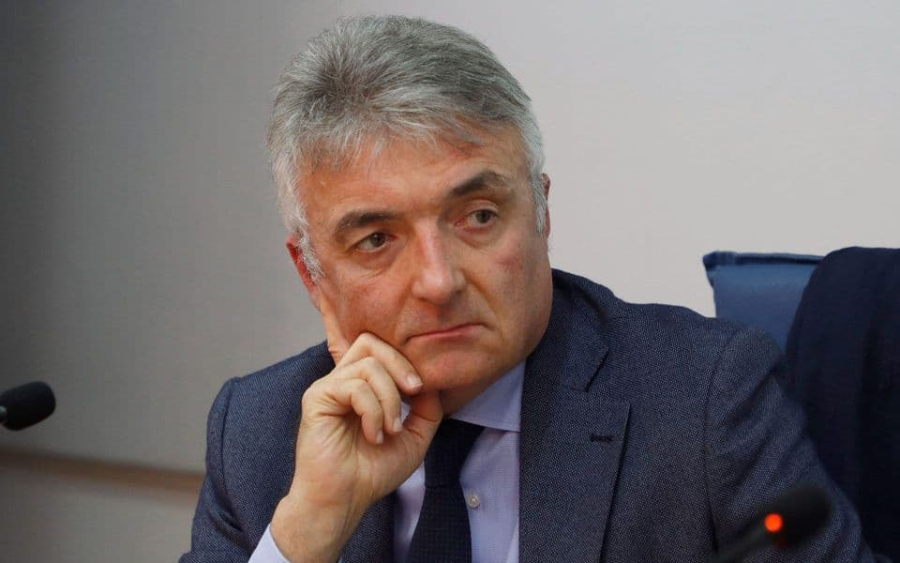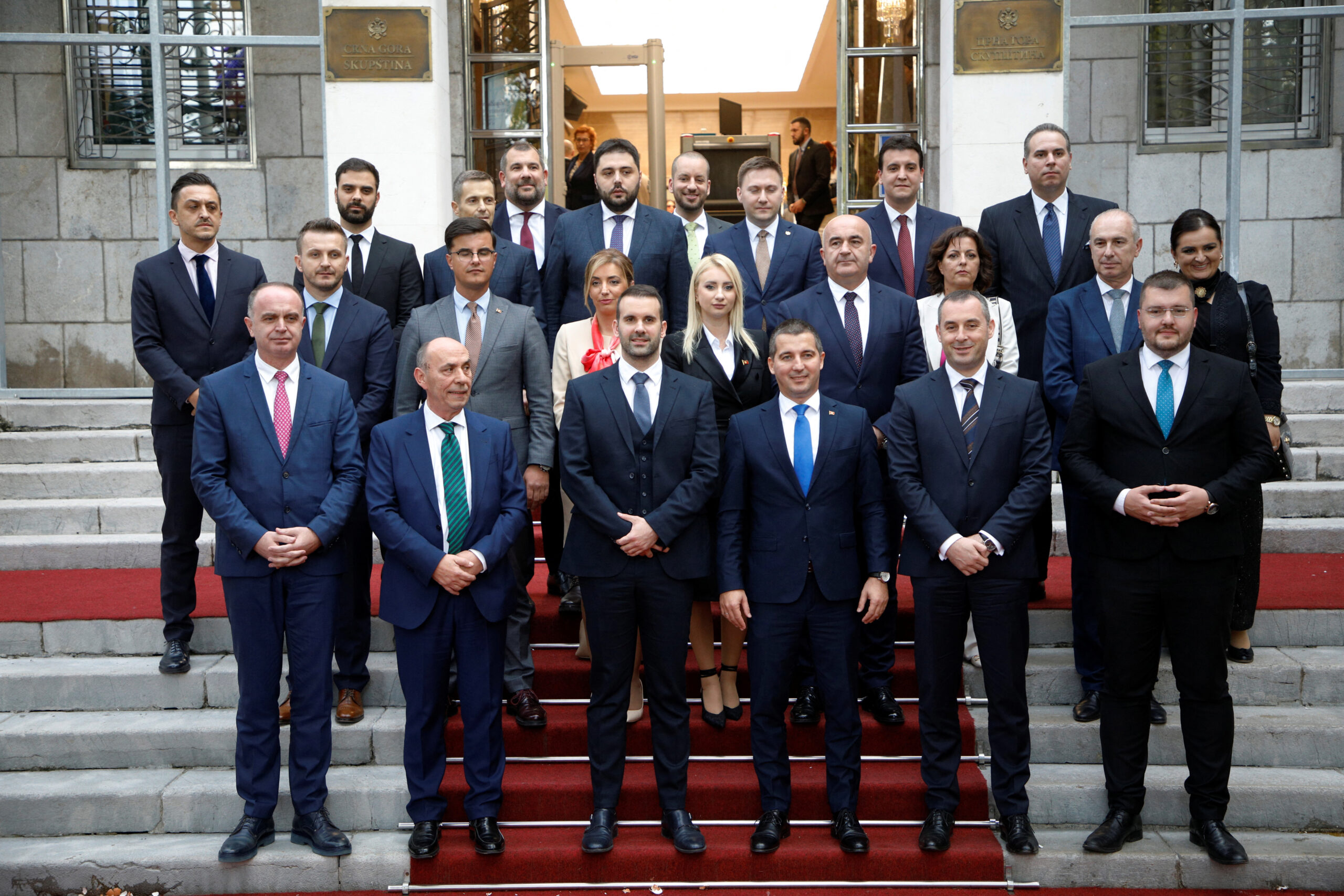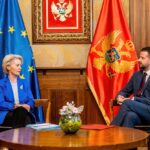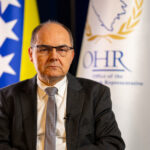Three important moments can help the understanding the political constellation in Montenegro better, after the election of Andrija Mandić, a pro-Russian politican from “New Serbian Democracy” party for the Speaker of Parliament of Montenegro and the creation of the new Cabinet of Prime Minister Milojko Mickey Spajić, the leader of “Europe Now!”.
The first one is related to the internal power games within the spectrum of parties which are all – to different extent, though – dependent and/or connected with Serbian president Vučić and his services and media and to the Church of Serbia, which remains the main factor in a complex network of influences and support to “pro-Serbian” political structures in Montenegro.
Needless to say, the most of these lines go further on to the East, to Kremlin itself, through numerous Russian intelligence and media outlets.
The creation of 44th Government of Montenegro was delayed and under heavy influence of Vučić’s Serbia. Political turmoils were most visible within the “Europe Now!”. The role of Jakov Milatović, the president of Montenegro (and, at the same time, the vice-president of “Europe Now!”) was clearly connected with the involvement of Serbian president Vučić, who made an unprecedented pressure. Narrative was simple: “Serbs” – meaning pro-Serbian/Russian politicians and parties, directly dependent on Vučić/Putin financial, logistical and propaganda support – must be included in the government.
And they were.
So, Montenegrin government, practically third in a row, from 2020, does not have ethnic Montenegrins. This time even the Bosniak minority party was excluded, together with Croatian one, as well as the part of Albanian parties. It is also a result of the overall assault on Montenegro – from media, culture and education, to security services and political agenda coming from Serbia/Russia.
The second moment is represented through the unsuccessful role of Euro-Atlantic community in Montenegro. Both Washington and Brussels have failed.
That is specifically true for Washington, where a decade-long appeasement policy towards Vučić has not produced any significant result, neither in Serbia, nor in neighboring WB countries.
Gabriel Escobar, the deputy assistant secretary in State Department and his most important diplomat in the Region – ambassador Christopher Hill in Belgrade – have invested a lot of energy in, first, advocating the failed “Open Balkans” project, and, second, trying to promote, appease and defend Vučić in all situations and his interference and confrontations – from Bosnia & Herzegovina, via Kosovo, to Montenegro.
That is also why Mr Escobar – meaning the US foreign policy in the Balkans, and specifically in Montenegro – has not succeeded to persuade president Milatović, “Europe Now” and Prime Minister Spajić not to include openly pro-Serbian/Russian forces in the new GoM. The easiness with which both Milatović and, eventually, Spajić have refused to listen to good advice from the West is a symbolic sign of the depthless and seriousness of political crisis in Montenegro.
EU has observed all these processes from the “second row”, being visibly less engaged. The EU “weakness” is not hidden from most of the European diplomacies, whose insistence on “Berlin Process” remains a positive, but obviously not a decisive element in the whole picture. It was also shown during recent Berlin Process summit on Tirana, where the situation and developments in Montenegro were barely mentioned.
Hungarian EU Commissioner Oliver Varhelyi remains an “exception” which confirms the inefficiency of European approach towards WB/Montenegro. He was the first EU official to congratulate PM Spajić for election, with an exaggerated optimism. So, it’s not only Belgrade and Moscow which applaud – there is also an echo from Budapest.
The last, third moment, is related to the activities and attempts of Montenegrin parliamentary opposition and civic society to influence the course of events.
The opposition, now extended with Bosniak party (together with Democratic Party of Socialists, two social-democratic parties, two Albanian ones and Croatian Civic Initiative) has a very complex task.
It seems that they are still not ready to affect significantly the political, economic and security developments. The new chance for them comes in relation to (very controversial) census, which was planned to start on November 1st, but it will be delayed – for the period to be defined in direct negotiations in-between GoM and the parliamentary opposition.
That is a new chance for opposition forces to re-formulate its policy and overall attitude. That was also expressed in the opposition rally on front of the Parliament, where the necessity for the resolute opposition action was a dominant impression.
Montenegro situation continues to deteriorate. Whether, when and how that process of political erosion and regression could be slowed down and stopped – depends dominantly on Montenegrin citizens themselves.
It will be a long process, by any means.
Miodrag Vlahović. Montenegrin politician and former diplomat. The first Minister of Foreign Affairs of Montenegro. Former Montenegro’s Ambassador to the USA, Canada, Iceland, Holy See, Order of Malta.




